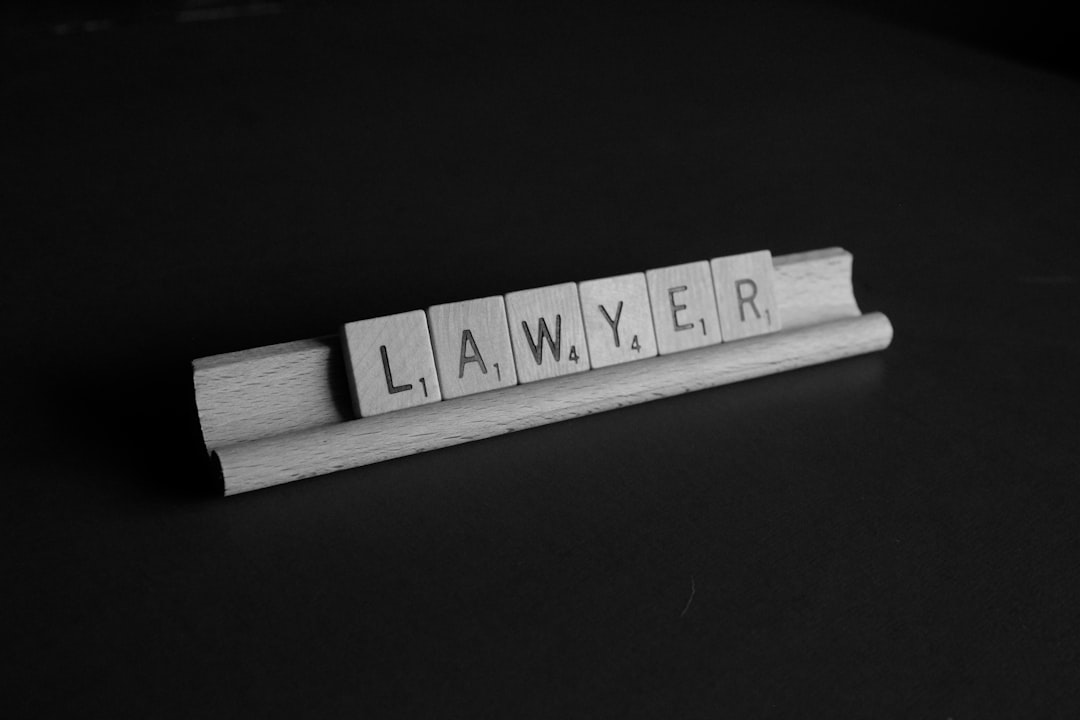Florida's stringent child abuse laws require youth organizations to prioritize child safety through immediate reporting of suspected abuse, robust internal policies, and meticulous background checks. Non-compliance can lead to severe legal consequences, including financial penalties and loss of licensing. A reputable child abuse law firm in Florida emphasizes the importance of regular training, policy updates, and open communication channels to ensure adherence, fostering a secure environment for children's positive growth and preventing potential abuse. Organizations that follow best practices, such as implementing clear protocols and fostering a supportive atmosphere, not only protect children in their care but also contribute to the state's goal of eradicating child abuse.
In Florida, the legal obligations of youth organizations in preventing child abuse are paramount. This comprehensive guide explores Florida’s stringent child abuse laws and regulations, emphasizing the critical role that youth organizations play in safeguarding children. We delve into specific reporting requirements, due diligence expectations, and potential consequences for non-compliance. Additionally, we offer best practices for organizations committed to creating a safe environment, drawing from insights provided by experienced Florida child abuse law firms.
Understanding Florida's Child Abuse Laws and Regulations

Florida’s child abuse laws and regulations are in place to protect young people within the state from any form of physical, emotional, or sexual misconduct. These laws are stringent and carry severe consequences for organizations that fail to comply. As a reputable child abuse law firm Florida, we understand the significance of these rules and their impact on youth organizations.
Every organization working with minors must stay informed about the latest legal requirements, including reporting obligations and prevention measures. Regular training sessions, policy updates, and open communication channels are essential tools to ensure adherence to these laws. By prioritizing child safety, Florida’s youth organizations can create a secure environment for children, foster positive growth, and prevent potential abuse.
The Role of Youth Organizations in Protecting Children

Youth organizations play a pivotal role in safeguarding children from abuse and exploitation, especially given their frequent interaction with young individuals. In Florida, where child abuse laws are stringent, these organizations carry a legal obligation to recognize and report any potential harm. A child abuse law firm in Florida highlights that this responsibility is not merely ethical but also a crucial aspect of fostering a safe environment for children.
By adhering to the state’s guidelines, youth organizations can create robust prevention strategies and ensure mandatory reporting procedures are in place. This proactive approach not only helps protect children under their care but also contributes to the broader mission of eradicating child abuse across Florida.
Legal Obligations: Reporting Requirements and Due Diligence

In Florida, youth organizations have a significant legal obligation to protect children and prevent child abuse. This includes adhering to strict reporting requirements outlined by the state’s child abuse laws. Failure to meet these obligations can result in severe consequences for the organization and its staff. According to Florida’s child abuse law firm, any individual or entity that suspects or has knowledge of child abuse must immediately report it to the appropriate authorities, typically the Florida Department of Children and Families (DCF). This reporting mandate extends to youth organizations, which are required to establish comprehensive internal policies and procedures for identifying and reporting suspected abuse.
Due diligence is another critical aspect of these legal obligations. Organizations must conduct thorough background checks on employees, volunteers, and anyone who comes into contact with children. This includes verifying their identities, checking criminal records, and ensuring they have no history of child abuse or neglect. Regular training sessions on recognizing the signs of child abuse and proper reporting procedures are also essential to fulfill these legal obligations. By implementing such measures, Florida youth organizations can create a safer environment for the children in their care and mitigate potential risks of abuse.
Consequences of Failure to Comply with Prevention Measures

In Florida, failure to comply with child abuse prevention measures can have severe consequences for youth organizations. A child abuse law firm in Florida highlights that non-compliance may lead to legal liabilities, including civil lawsuits and criminal charges. Organizations that fail to report suspected cases of abuse or neglect, or that do not have adequate policies and procedures in place, risk being held accountable under the state’s strict child protection laws.
Consequences can include financial penalties, loss of licensing, and damage to the organization’s reputation. Moreover, if an incident of abuse occurs due to overlooked protocols, the organization could face class-action lawsuits and become a target for media scrutiny. Protecting children is not just a moral obligation; it is also a legal requirement, and Florida’s child abuse laws are designed to hold institutions accountable for their failure to safeguard vulnerable youth.
Best Practices for Organizations: Creating a Safe Environment

Creating a safe environment is paramount for Florida youth organizations aiming to prevent child abuse. Best practices involve implementing robust policies and procedures that promote a culture of safety and respect. This includes conducting thorough background checks on staff and volunteers, ensuring secure facilities with appropriate supervision at all times, and establishing clear protocols for reporting suspected abuse or neglect. Organizations should also foster open communication, encouraging youth to express concerns without fear of retaliation.
Regular training sessions on child abuse recognition, prevention, and response are essential. Staff and leaders should be equipped to identify potential red flags, understand the legal obligations under Florida’s child abuse laws, and know how to safely intervene and report incidents. A supportive atmosphere where every voice is valued can significantly contribute to preventing and addressing child abuse within the organization. Engaging parents and guardians through informational sessions can also reinforce the commitment to safeguarding children.






